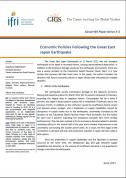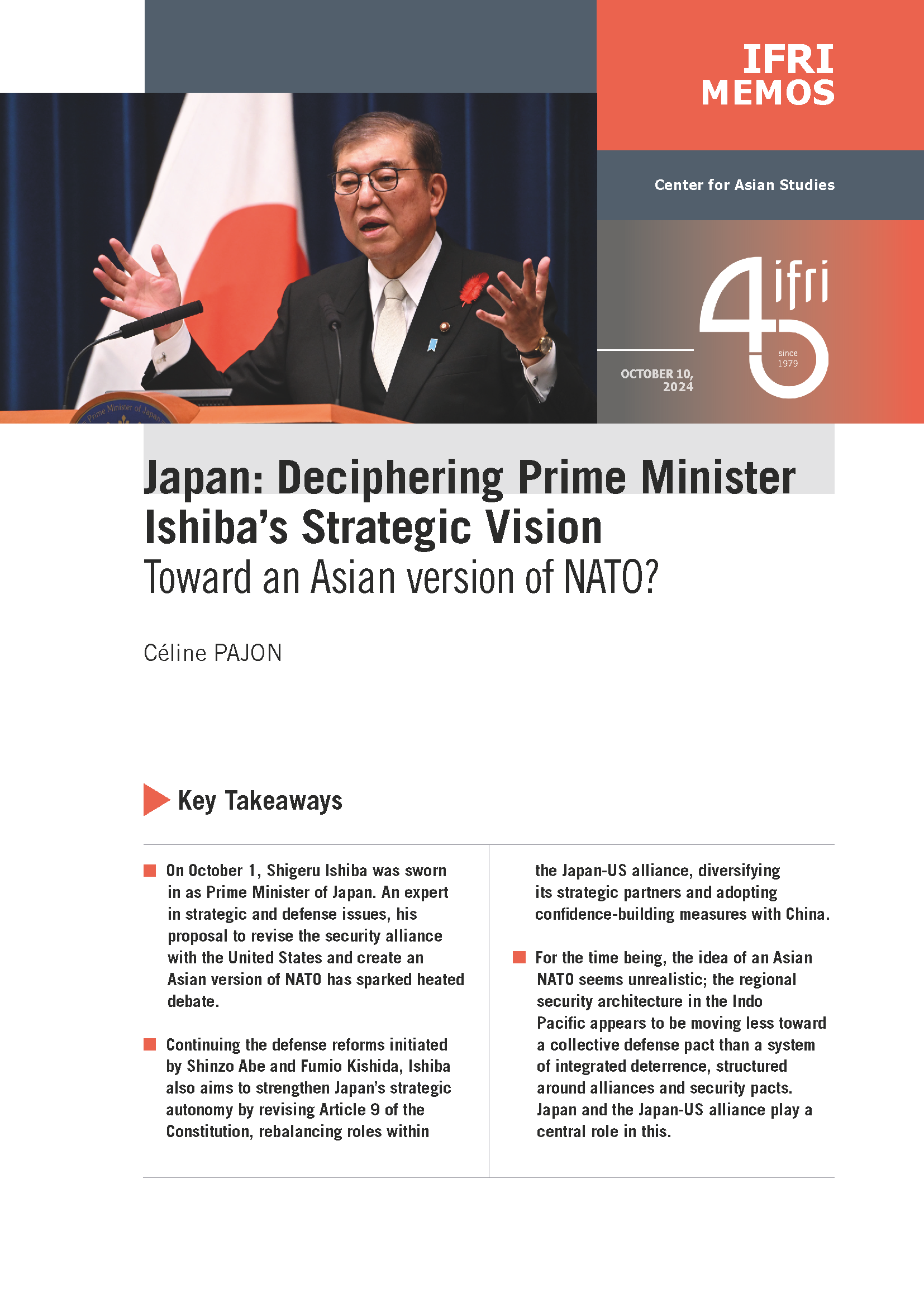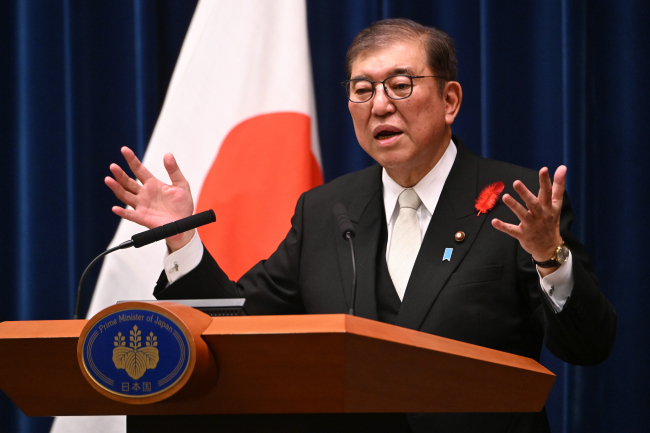Rare Earths and the East China Sea: Why hasn't China embargoed shipments to Japan?

As tensions persist between China and Japan in the East China Sea, it is interesting to note that one of the most symbolic actions of the previous crisis has yet to make an appearance this time around.
The stoppage of rare earth shipments to Japan in the fall of 2010 lasted nearly two months, threatened the health of vital Japanese industries, and placed this once obscure raw materials issue on the front page of newspapers across the globe. China’s near monopoly on the global production of rare earth oxides - metals that have become essential components in making a range of high tech products that include vehicles, wind turbines, consumer electronics, medical equipment and defense systems - proved to be a useful tool for applying pressure on Japan. Two years later, the possibility of China cutting off Japan’s access to rare earths has been floated once again in the Chinese press, but has yet to take place. So why hasn’t China played the rare earth card?
The opacity of China’s decision-making apparatus and of the rare earth business itself makes precise answers hard to come by, but a number of related points are worth noting and ultimately serve to contextualize China’s real power to use rare earths as an economic weapon today. In particular, the risks for China seem to be higher today than in 2010 while the potential impact on Japan is much lower.

Also available in:
Regions and themes
Share
Download the full analysis
This page contains only a summary of our work. If you would like to have access to all the information from our research on the subject, you can download the full version in PDF format.
Rare Earths and the East China Sea: Why hasn't China embargoed shipments to Japan?
Related centers and programs
Discover our other research centers and programsFind out more
Discover all our analyses
China, technical standardization, and the future of globalization
As the global economy sits at a crossroad between connectivity-driven globalization and strategic decoupling, technical standardization provides a valuable measure of where we are headed.
Japan: Deciphering Prime Minister Ishiba’s Strategic Vision. Toward an Asian version of NATO?
On Tuesday, October 1, Shigeru Ishiba was sworn in as Prime Minister of Japan. His proposal to revise the security alliance with the United States and create an Asian version of the North Atlantic Treaty Organization (NATO) attracted attention and sparked lively debate.

Critical Raw Materials, Economic Statecraft and Europe's Dependence on China
As China tightens export controls on critical minerals, it is important to put Beijing's policies in perspective and analyse how Europe can respond.
China’s Mature Node Overcapacity: Unfounded Fears
China is decoupling from, not flooding, the global mature-node semiconductor market. As China increasingly pursues industrial policies encouraging domestic chip production, its own growing chip demand will prevent a direct flood of cheap Chinese chips on foreign shores. However, as Beijing achieves its goal of decreasing the reliance of domestic downstream manufacturers on foreign chips, European and American mature-node semiconductor companies will feel the ripple effects of an increasingly “involuted” Chinese chip ecosystem.












